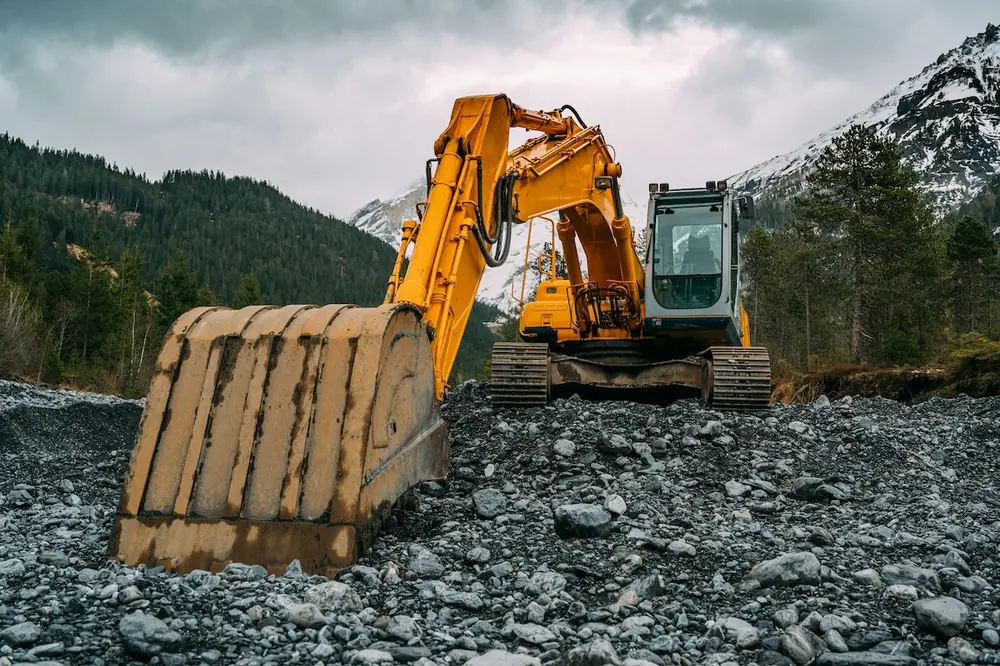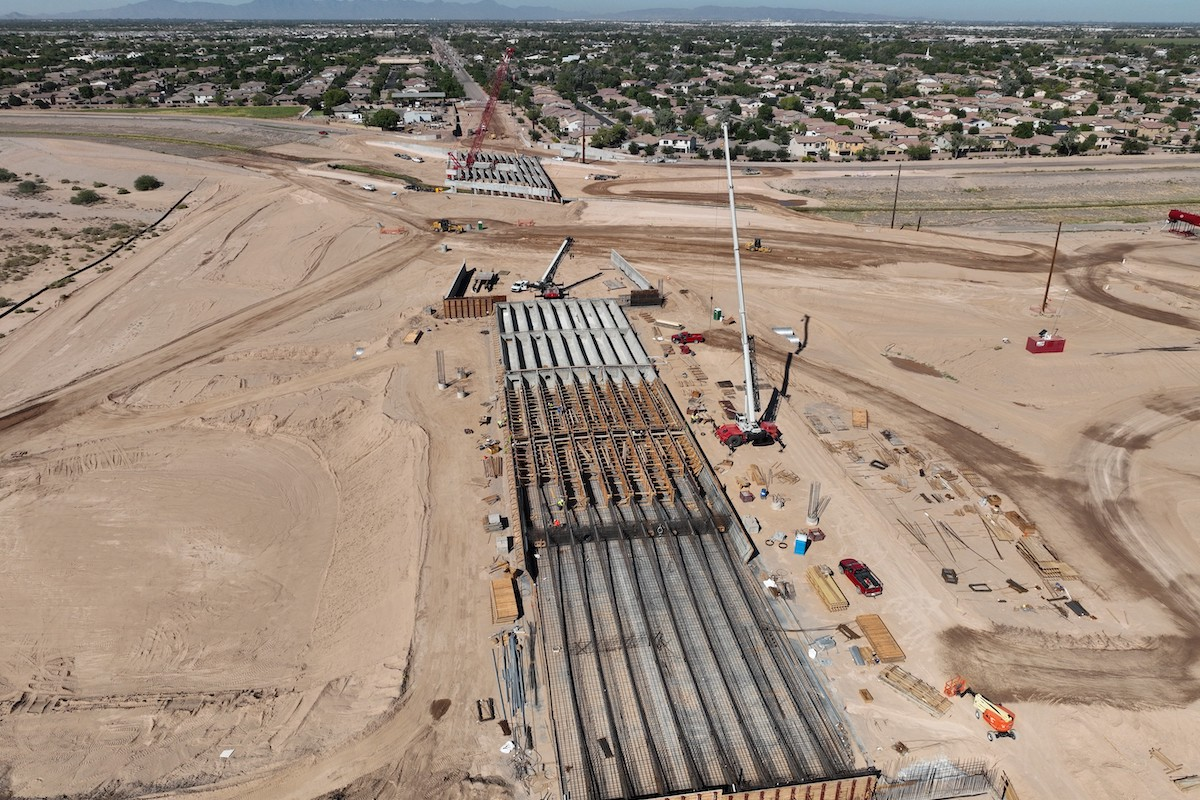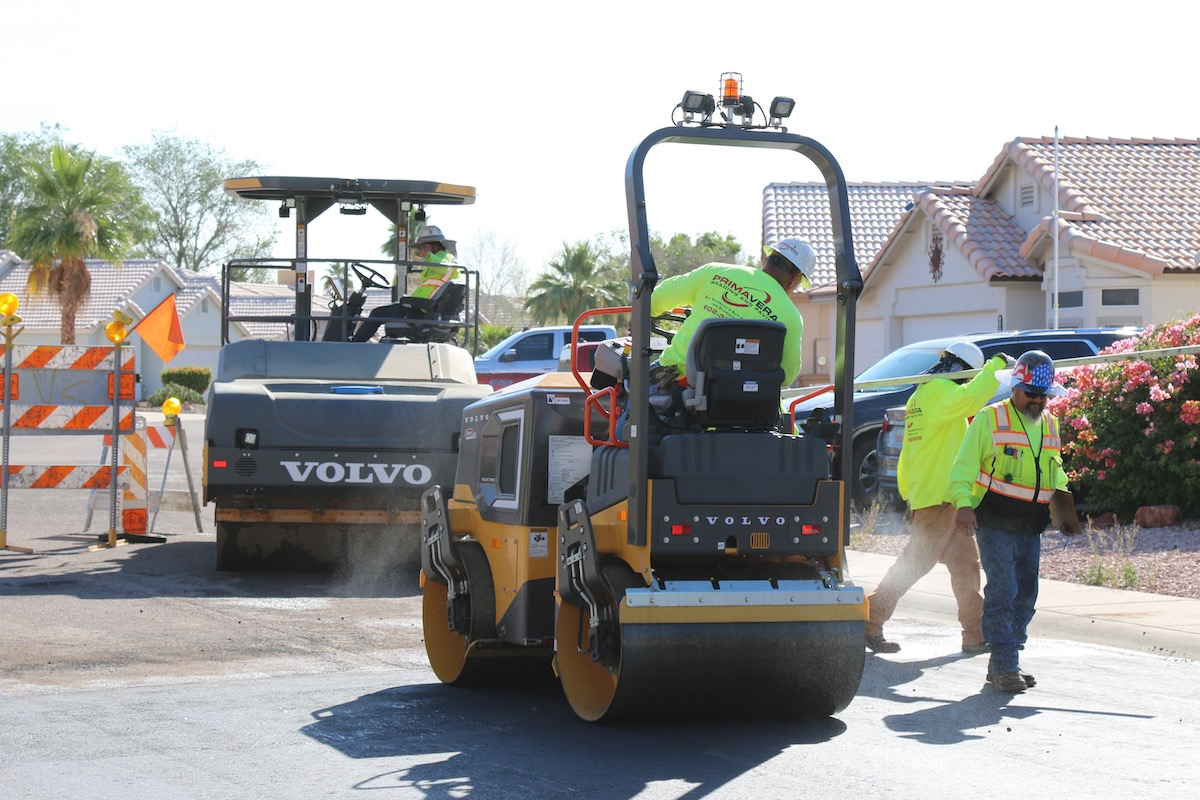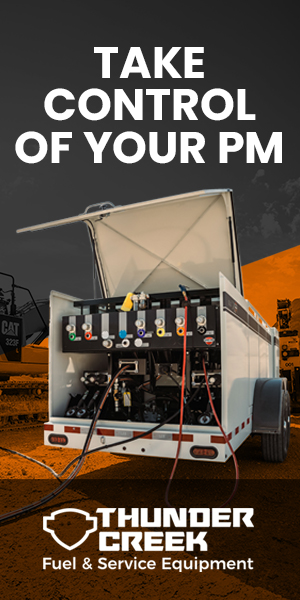DEF is made from a mixture of technically pure urea and purified water and must be handled and stored properly to preserve its quality. Handling and storing DEF in warm weather requires special care to protect it from the impact of high temperatures that can decrease its useful life. Now with the need for added safety in public places, dispensing DEF at service stations will require extra care.
We want to be sure that truck drivers on the road and people working in shops are safe, so the American Petroleum Institute (API) has developed several tips for drivers on the road and for shop owners to help them purchase high-quality DEF in a safe manner and to handle and store it so as to protect it during warm weather months.
In addition, drivers accustomed to purchasing DEF in containers should look at the expiration date if it’s printed on the bottle and be sure to use it before this date as the product has a limited shelf life. If an expiration date is not present, look at the traceability code for a date. This date is usually equivalent to the packaging date. As a last resort, ask for the most recently delivered DEF products. Storage conditions also have an impact on its quality. DEF can be expected to have a minimum shelf life of 12 months or even longer in optimum conditions.
- Follow the CDC’s recommendations to clean your hands often, practice social distancing, and wear face coverings.
- Consider using gloves or paper towels while touching surfaces.
- Carry hand sanitizer or sanitizing wipes with you and use them both before and after fueling.
Fleet managers responsible for procuring DEF should confirm that their suppliers are providing DEF that meets the ISO quality standard. One way to do this is to ensure that their supplier is providing a Certificate of Analysis (or Quality) with every shipment that addresses all of the quality characteristics that the specification requires. Purchasing API-licensed DEF is the best way to be sure your DEF meets the rigorous requirements of the specification, because these products are not only tested before they are released to the marketplace, but they are also subject to testing in API’s Aftermarket Audit Program. Fleets and drivers can always check to see if the DEF they are buying is licensed by visiting API’s real-time directory of licensees at dieselexhaust.api.org.
- Bulk storage tanks should be dedicated for DEF. Don’t switch products in the bulk tank without thoroughly rinsing the tank with distilled or de-ionized water or on-spec DEF.
- A closed loop system for transferring DEF from a drum or bulk tank is recommended so contaminants don’t get into the DEF. This is particularly important in a shop or construction site that has dust or dirt in the air.
- Use dedicated equipment for dispensing DEF. Don’t use funnels, pitchers, hoses, etc. that are used for other fluids when putting DEF in a tank.
- Anything used for dispensing DEF should be cleaned with distilled or de-ionized water and followed by a DEF rinse. Don’t use tap water for cleaning.

| Your local Bobcat dealer |
|---|
| Ditch Witch West |
| Faris Machinery |
| Ditch Witch West |
| Faris Machinery |
For shops and drivers, it’s important to know what you are putting into your DEF tank. The quality of the DEF going into your vehicle is as important as the quality of the engine oils or fuels used in your vehicles. Use of API-licensed Diesel Exhaust Fluid will ensure that the DEF meets the high standards required by engine and vehicle manufacturers.





































































